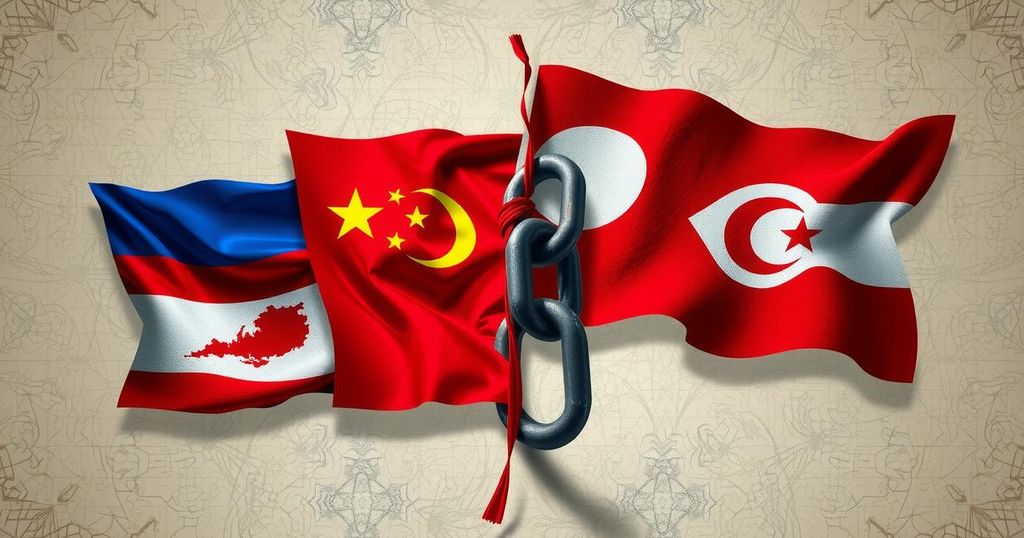Understanding the Escalating Conflict in the Democratic Republic of Congo
The conflict in DRC has intensified as Rwandan-backed rebels claim Goma, leading to severe civilian injuries and humanitarian crises. UN reports indica Rwandan military presence alongside the rebels, raising concerns of a broader regional conflict. The DRC’s response included cutting ties with Rwanda amidst fears of escalating violence and human rights violations.
The ongoing conflict in the Democratic Republic of Congo (DRC) poses the threat of escalating into a broader regional war, particularly as Rwanda-aligned rebels assert control over the pivotal city of Goma. The M23 group claims significant territorial advances, leading to an unprecedented humanitarian crisis characterized by daily injuries among civilians. Internationally, the situation has attracted attention due to casualties among UN peacekeepers and allegations of direct Rwandan military involvement in support of the rebels.
This conflict traces its roots to ethnic divisions within the region, sharply intensifying since the M23 group’s rebirth in 2022, following complaints that the DRC government has failed to honor a 2009 peace accord aimed at integrating Congolese Tutsis. The M23’s objectives include defending Tutsi interests against offensive ethnic Hutu factions. However, criticisms arise regarding Rwanda’s motivations, which some perceive as ambitions for regional dominance and control over lucrative natural resources.
In light of these developments, the DRC’s severance of diplomatic relations with Rwanda amplifies fears of further conflict escalation. The situation remains precarious, with the potential for grave humanitarian repercussions should Goma fall into rebel hands once again, jeopardizing the lives of countless civilians affected by this crisis. An immediate diplomatic resolution is critically needed to avert further turmoil in the region.
Original Source: news.sky.com




Post Comment